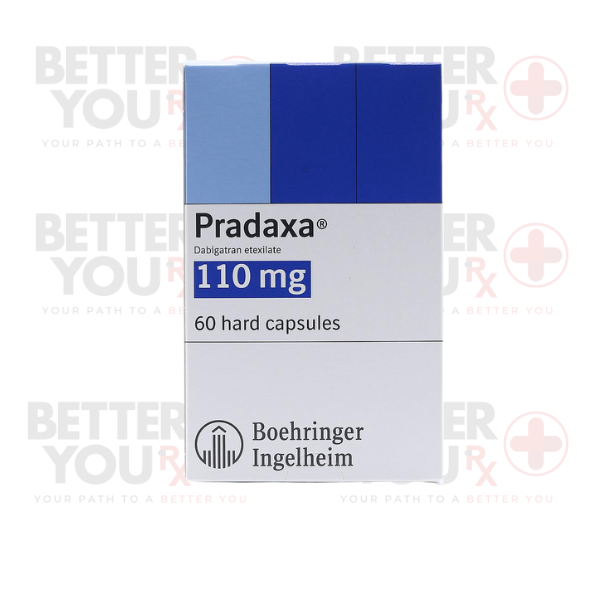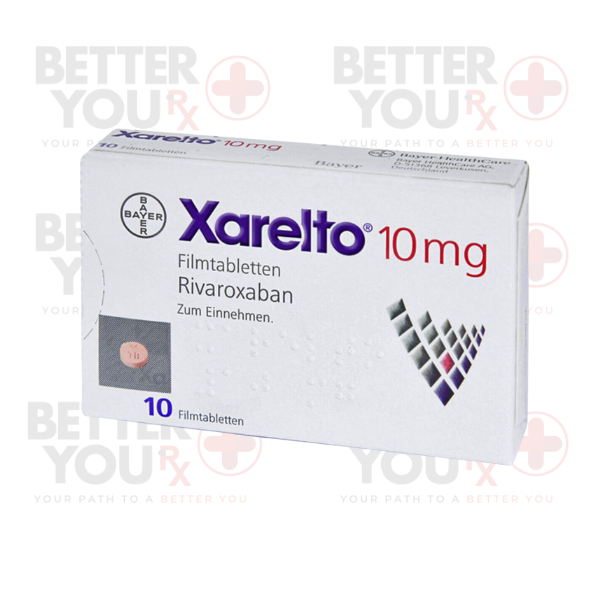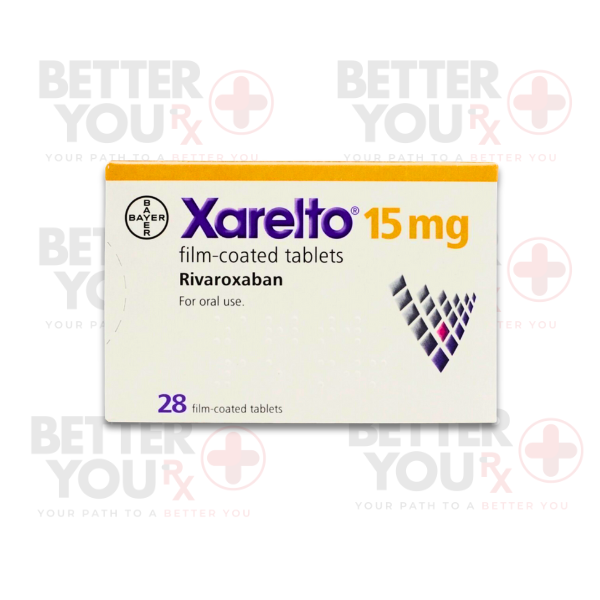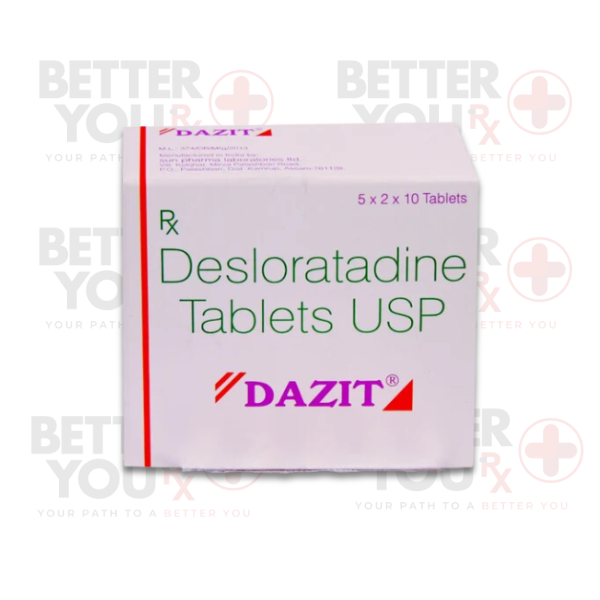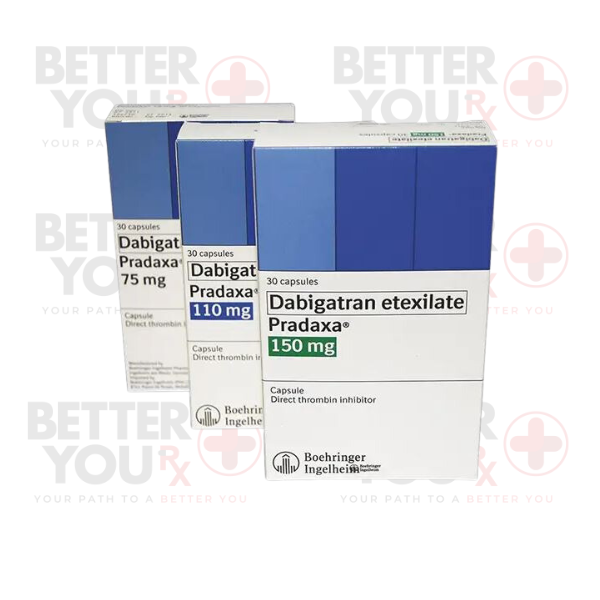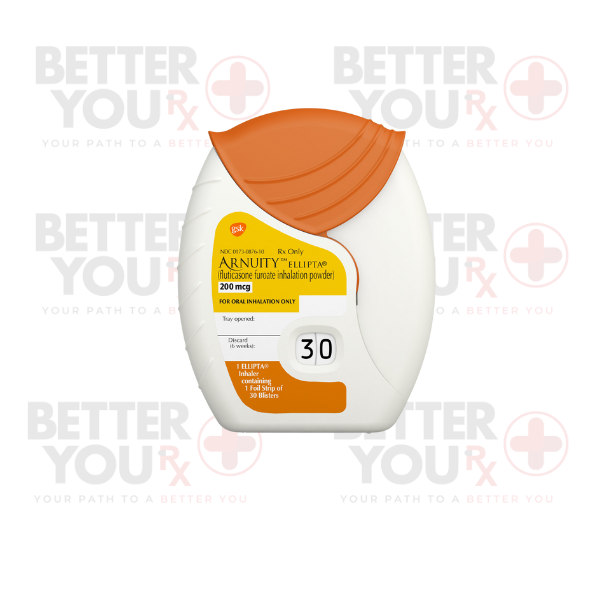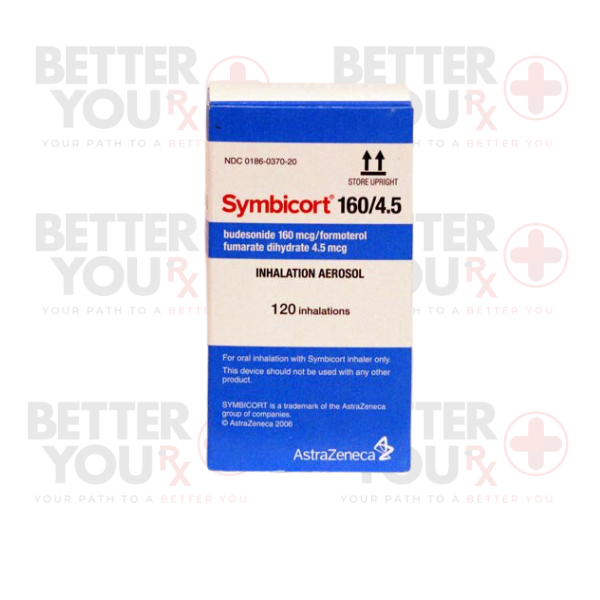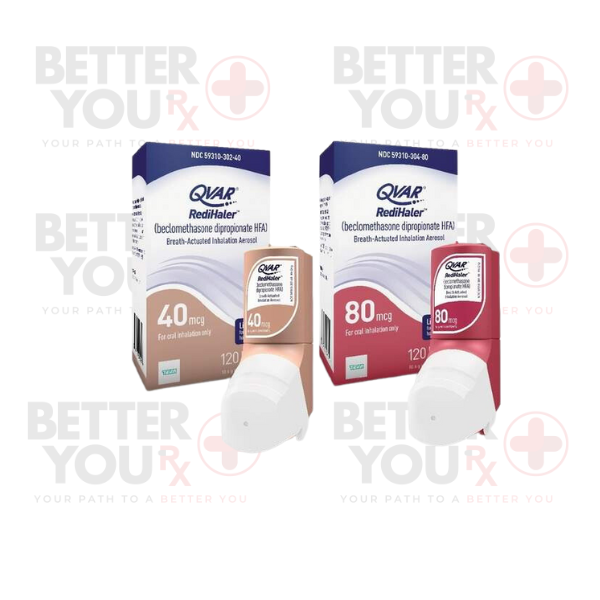| Usage |
Usage
Montelukast is available in tablet, chewable tablets, and granule forms for oral administration. Typically, it's taken once daily, with or without food. When used for asthma, it's best taken in the evening. To prevent exercise-induced breathing difficulties, take it at least 2 hours before exercise, without an additional dose on exercise days. When treating allergic rhinitis, you can take it at any time.
It's essential to adhere to your prescription label instructions carefully. Don't alter the dosage or frequency without your doctor's guidance. When giving granules to a child, open the foil pouch just before administration. You can either pour the granules directly into their mouth, place them on a clean spoon, or mix them with specific foods or liquids like baby formula, breastmilk, applesauce, soft carrots, ice cream, or rice. Don't mix with other foods or liquids, and if you do mix, use it within 15 minutes. Do not store unused mixtures.
Montelukast should not be used to treat sudden asthma attacks; use a short-acting inhaler prescribed by your doctor for those situations. If your asthma worsens or you have more frequent attacks, contact your doctor. Continue taking all other prescribed asthma medications unless otherwise instructed by your doctor. If aspirin worsens your asthma, avoid it and other nonsteroidal anti-inflammatory drugs (NSAIDs) during montelukast treatment.
Remember that montelukast manages asthma and allergic rhinitis symptoms but doesn't cure these conditions. Keep taking it even if you feel well, and do not discontinue it without consulting your doctor. You can ask your pharmacist or doctor for the manufacturer's patient information.
|
| Side Effects |
Side Effects
Montelukast may lead to side effects. Notify your doctor if any of these symptoms are severe or persist:
• Headache
• Dizziness
• Heartburn
• Stomach pain
• Tiredness
Some side effects can be severe. Contact your doctor immediately if you experience any of the following symptoms, or those mentioned in the SPECIAL PRECAUTIONS section:
• Difficulty breathing or swallowing
• Enlargement or puffiness of the face, throat, tongue, lips, eyes, hands, feet, ankles, or lower legs
• Hoarseness
• Itching
• Rash
• Hives
• Fever
• Flu-like symptoms
• Pain and swelling of the sinuses
Montelukast may also have other side effects. Contact your doctor if you encounter any unusual issues while using this medication.
|
| Storage |
Storage
To ensure medication safety:
1. Keep it in its original container, sealed tightly, and away from children's reach.
2. Store at room temperature, away from excess heat and moisture (avoid bathroom storage).
3. Dispose of unneeded medications carefully to prevent accidental consumption by pets or others.
4. Never flush medication down the toilet.
5. Preferably, use a medicine take-back program for disposal; consult your pharmacist or local waste management for options.
6. Secure all medications from children, as many containers aren't child-resistant. Use safety caps and store them out of sight and reach to prevent poisoning incidents.
|
| Precautions |
Precautions
Before starting montelukast:
1. Inform your doctor and pharmacist about any allergies you have, including allergies to montelukast or other medications.
2. Share your complete medication list, including prescription and non-prescription drugs, vitamins, dietary supplements, and herbal products. Specifically, mention gemfibrozil (Lopid), phenobarbital, and rifampin (Rifadin, Rimactane). Your doctor may need to adjust doses or monitor you closely for side effects.
3. Disclose any history of liver disease to your doctor.
4. If you are pregnant, planning to become pregnant, or breastfeeding, notify your doctor. Contact your doctor if you become pregnant while taking montelukast.
5. Be aware that your mental health might undergo unexpected changes while using montelukast. Promptly inform your doctor if you experience any of these symptoms: agitation, aggressive behavior, anxiety, irritability, unusual dreams, hallucinations (seeing or hearing things that don't exist), depression, difficulty sleeping, restlessness, sleepwalking, thoughts of self-harm or suicide (including planning or attempts), or tremors (uncontrolled shaking). Your doctor will assess whether you should continue montelukast.
6. If you have phenylketonuria (PKU, an inherited condition requiring a special diet to prevent mental impairment), note that chewable montelukast tablets contain aspartame, which generates phenylalanine.
|


